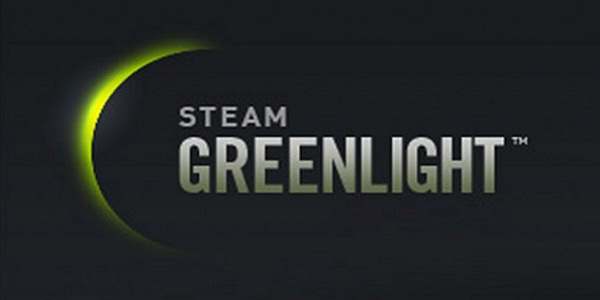Stagnation is a word that developers and fans alike fear. In the video games industry only the brilliant truly prosper, but what form that brilliance takes is a beast with many faces. In some cases, its face could be one which exploits our love for gratuitous, over the top and cathartic violence, I give you Epics AAA title “Gears of war“. Or it could be a more sinister face, lurking in shadow, waiting to strike out at you, I give you Parsec Productions indie experiment “Slender“.
The thing that made these games popular isn’t their gameplay or characters, art or design. They are popular because they are different. Not just different in the way they approach gameplay, but fundamentally different from the other titles that surround them.
As this generation gears down as it gets ready to end and usher in the Next Gen platforms, we have been assailed by first-person shooter after first-person shooter. This slew of shooters began to stagnate after the 2nd iteration of “Call of Duty: Modern Warfare“. But even though the FPS genre has turned stale, it has been followed by others, with some titles even trying to ape the Juggernauts like Oblivion, Skyrim and Final Fantasy.
It’s this stagnation that is going to ruin many a gamers fun over the coming years, unless we innovate. And that’s where the Steam GreenLight initiative comes into play.
The GreenLight program gives us the tools that are needed for gamers to make a change, GreenLight invites the community to rate games that are submitted by developers of all calibers. From large heavily funded titles to tiny niche games, the idea is to give you exactly what you want. For example, people loved slender, and because of that there is now an in development Half life 2 MOD called “Slender Source” which is available for rating. If it reaches a certain threshold, it will appear on steam ready for purchase upon its time of completion. Thus giving the gamers exactly what they want, because they ultimately had control over what was being published. No one wants to see another cover-based shooter, “Gears of War“ clone. So no one will vote on it, ensuring that it won’t be published, it’s like sorting through all the chaff for the quality material.
“This opened up a new opportunity to enlist the community’s help as we grow”
Giving the gamers this level of control is a massive boost to the developers mindset, because when they notice that no one is voting for their lovely polished shooter and instead are voting on a rough, and ugly adventure role playing game that takes place in space on the backs of laser wielding velociraptors, they are forced to innovate. And forced innovation is better than none. It’s because of this want for innovation that we have such a high demand for new IP’s instead of sequels and downloadable content, every indie developer is grabbing hold of the opportunity to get their idea out there and in the public eye.
And it’s this that makes the GreenLight program such a great contribution to gaming culture, once again the player is more important than whats on the screen, an ideology that hasn’t been embraced since the end of the 32 bit era.
With the focus returning to the player we can get a more consistent display of power from the audience, instead of crying like children over the ending of Mass Effect 3, we can now simply deny the creator a slot on our market place until the product has reached a state at which it pleases everyone. I personally found Mass Effect 3‘s ending to be an acceptable close to the series, but many others didn’t, and now we have the power to make sure that all parties are pleased. Not only will this bring the gaming community closer together, it also alleviates the need for such large quantities of DLC, because we all know a well made and well polished title can stand on its own for months. DLC should only help expand upon the game and not be required to improve it.
We are potentially on a path towards a golden age of games, granted this time may still be some years yet to come, but it’s a destination clearly visible on the horizon.

0 Comments